
Sustainability spotlight: Our Top 10 Sustainability stories from the past year
Here are our top 10 sustainability stories of 2025, spanning corporate strategy, upcycling innovation and the practical challenges facing the food and beverage industry
News & Analysis on Food & Beverage Development & Technology

Here are our top 10 sustainability stories of 2025, spanning corporate strategy, upcycling innovation and the practical challenges facing the food and beverage industry
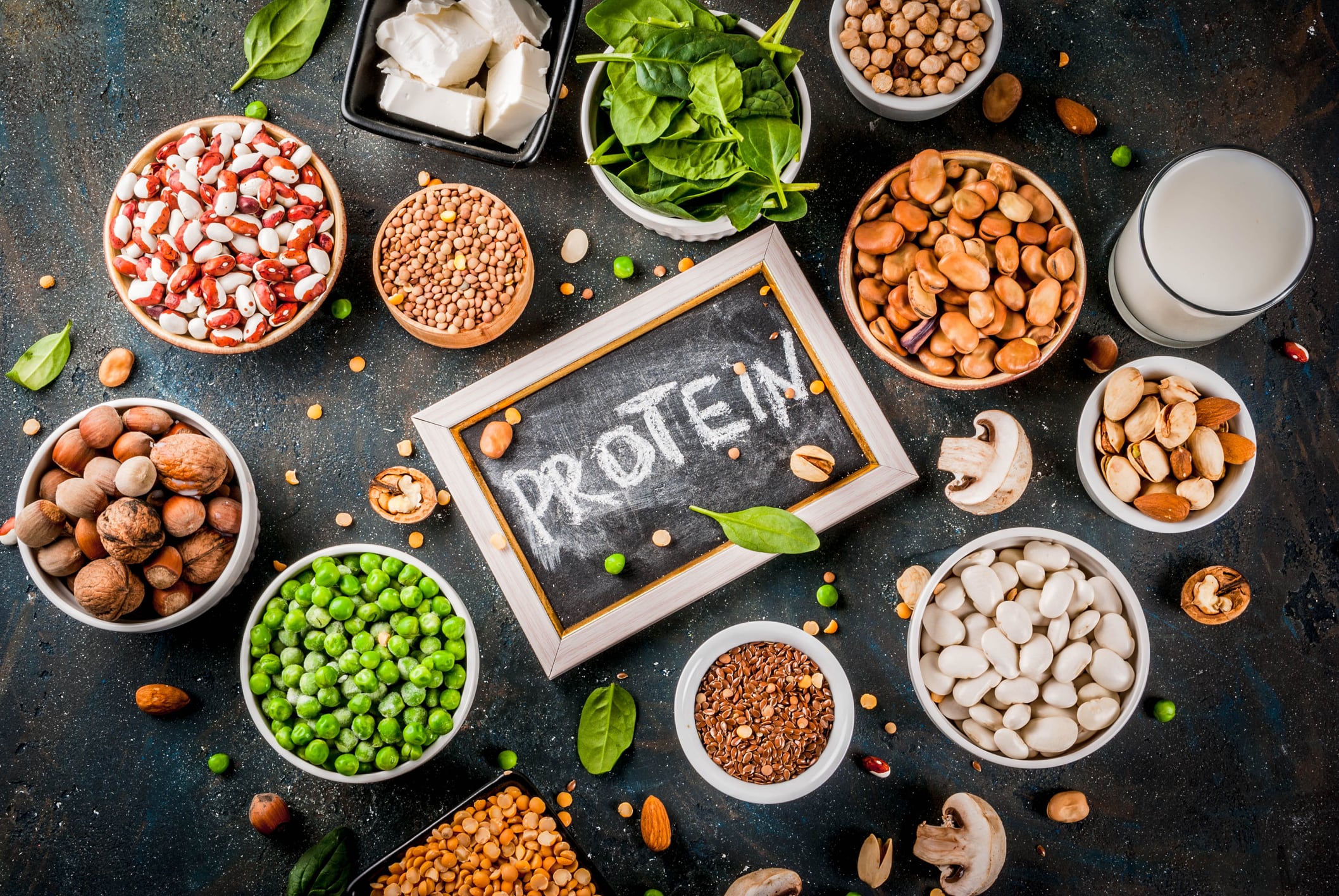
From mung bean snacks to microalgae desserts, familiar and healthier formats are emerging as key levers to help alternative protein firms scale

Australian heritage brand Brown Brothers focuses on sustainable convenience with its novel aluminium prosecco bottle
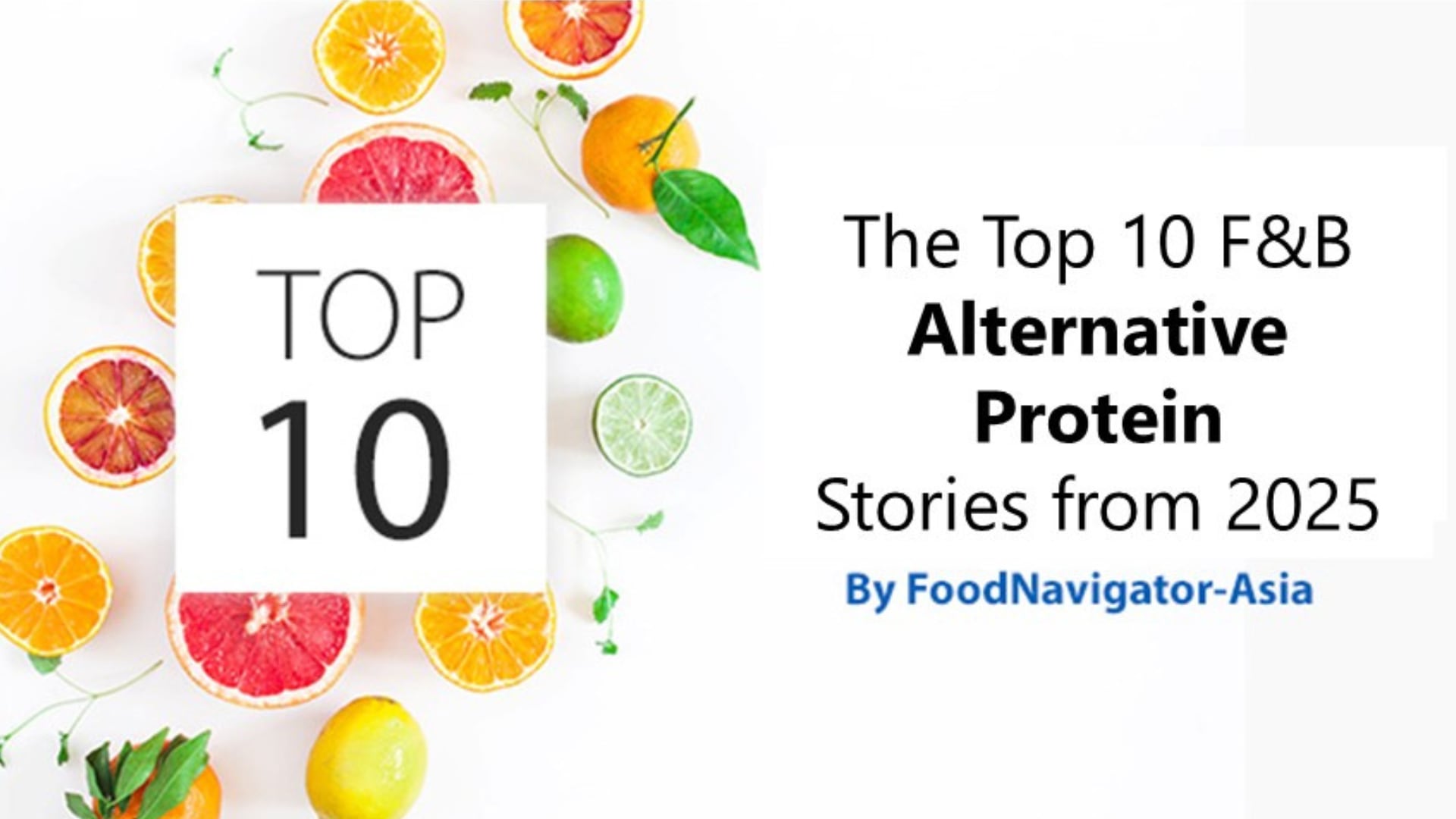
We reveal the top 10 most popular alt protein stories from this year, from leaf-powered protein to cultivated seafood and more

Natural, whole and ancient grains boast strong nutritional benefits and minimal processing

Upcycling, eco-friendly packaging and more feature in this edition of Sustainability Snippets
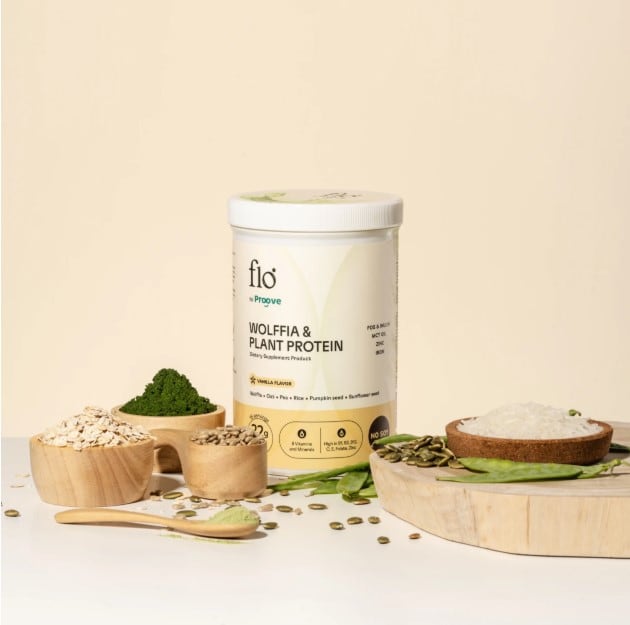
Thai brand Flo turns local superfood wolffia into protein drinks and flavour enhancers, tapping global demand for convenient, healthy foods

Amid the many uncertainties and changes seen by the food industry, we believe these three emerging categories have the potential to drive major change in the coming year

As climate, disease and regulation strain global cocoa supply, manufacturers are turning to low‑cocoa and cocoa‑free innovations to protect margins and future-proof their portfolios

The new grant, powered by the Bezos Earth Fund and the Singapore government, aims to advance the development of Sustainable Protein in the region, supporting innovators to accelerate their products’ to-market entry

Protein Industries Canada (PIC) and Singapore’s Nurasa are working to grow Canadian plant-based exports in APAC to diversify trade beyond the United States
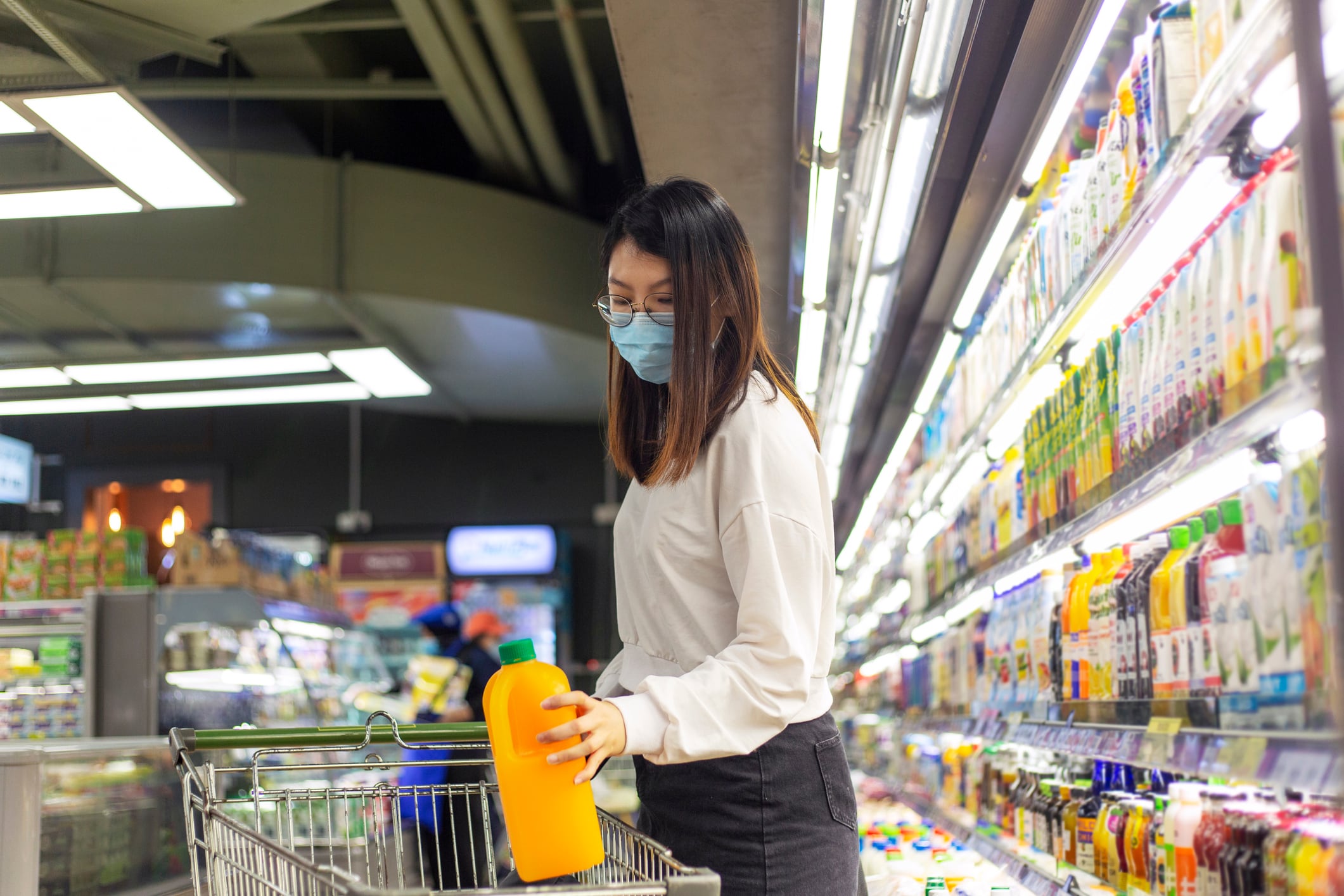
Here are our top 10 packaging stories featuring thermal strips on wine bottles, regulatory updates, sustainability challenges, and more
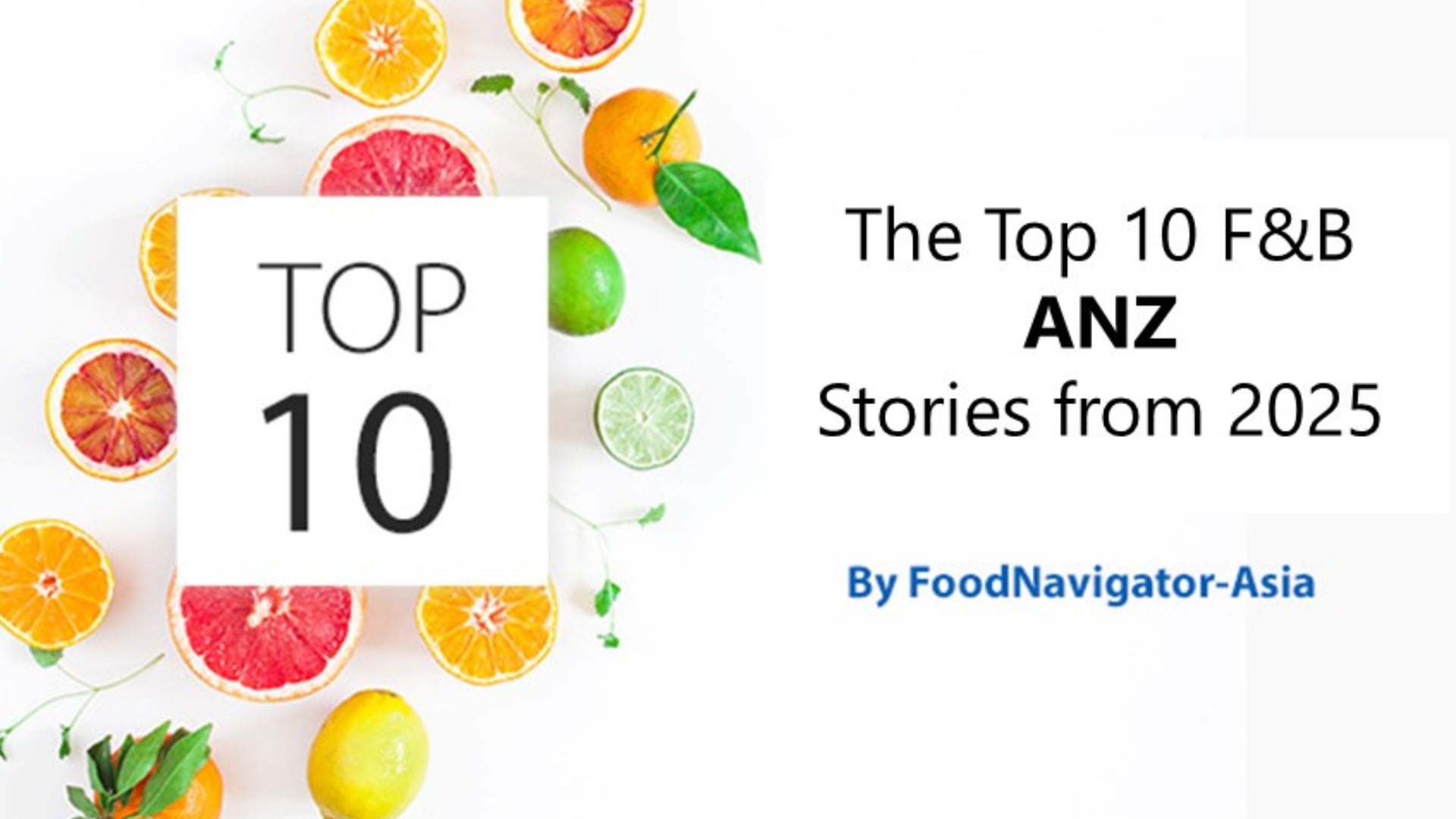
Here are our top 10 ANZ stories this year, with a spotlight on healthier and sustainable innovations, alternative proteins, regulatory updates, and more
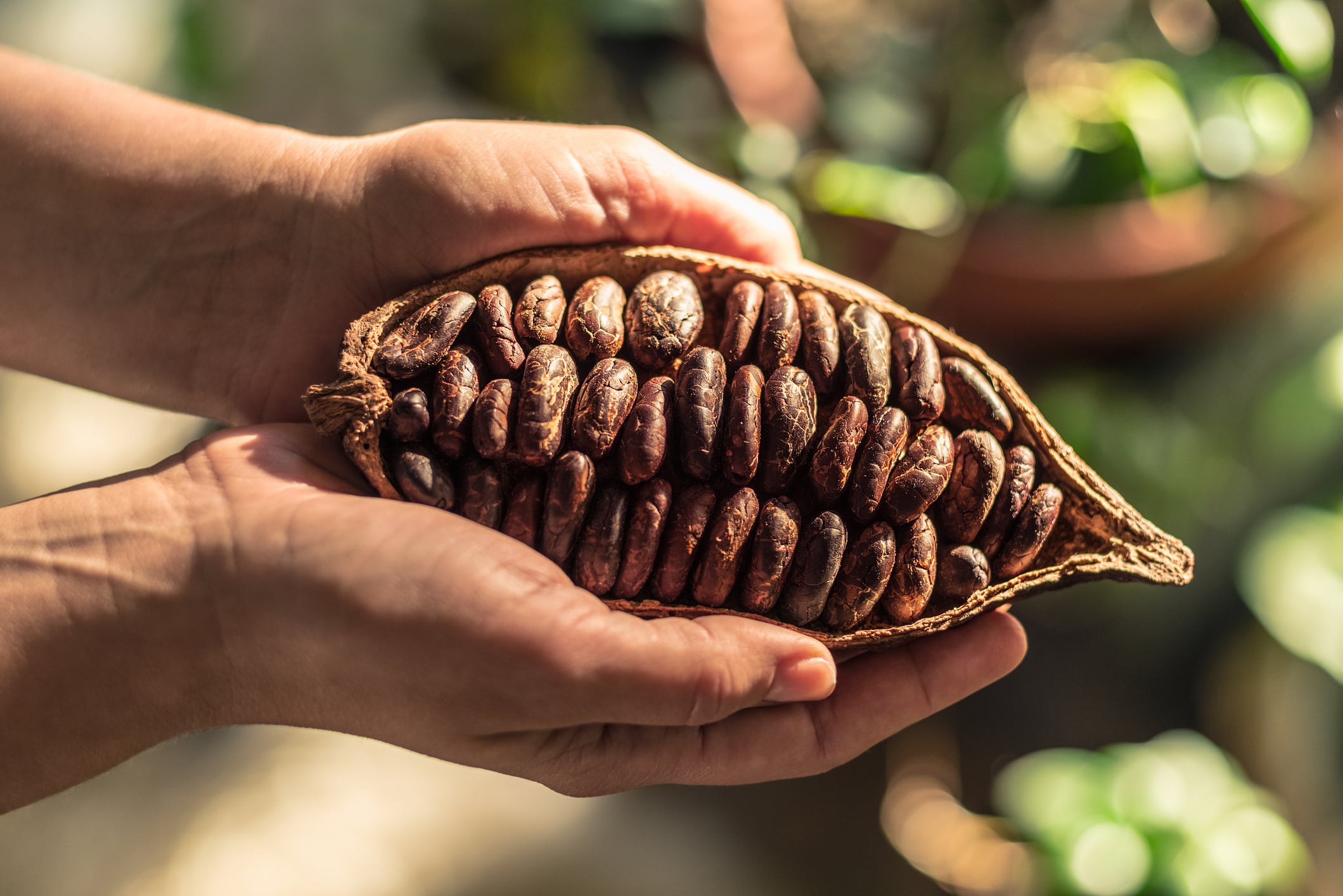
Why ‘climate-proof’ cacao start-up Kokomodo is hedging its bets on an increasingly stronger future for cell cultured cocoa

The reigning APAC champion of PepsiCo’s Greenhouse Accelerator (GHAC), Beijing AIForce, has revealed major plans to expand across the region after taking home the main prize
From restructuring and demergers, to drug accusations and sex scandals, here are 10 of the most shocking and influential stories that shook the APAC food sector in 2025

Singapore-based Mottainai has created a brownie-flavoured lager in its journey towards upcycled products for wider commercial use
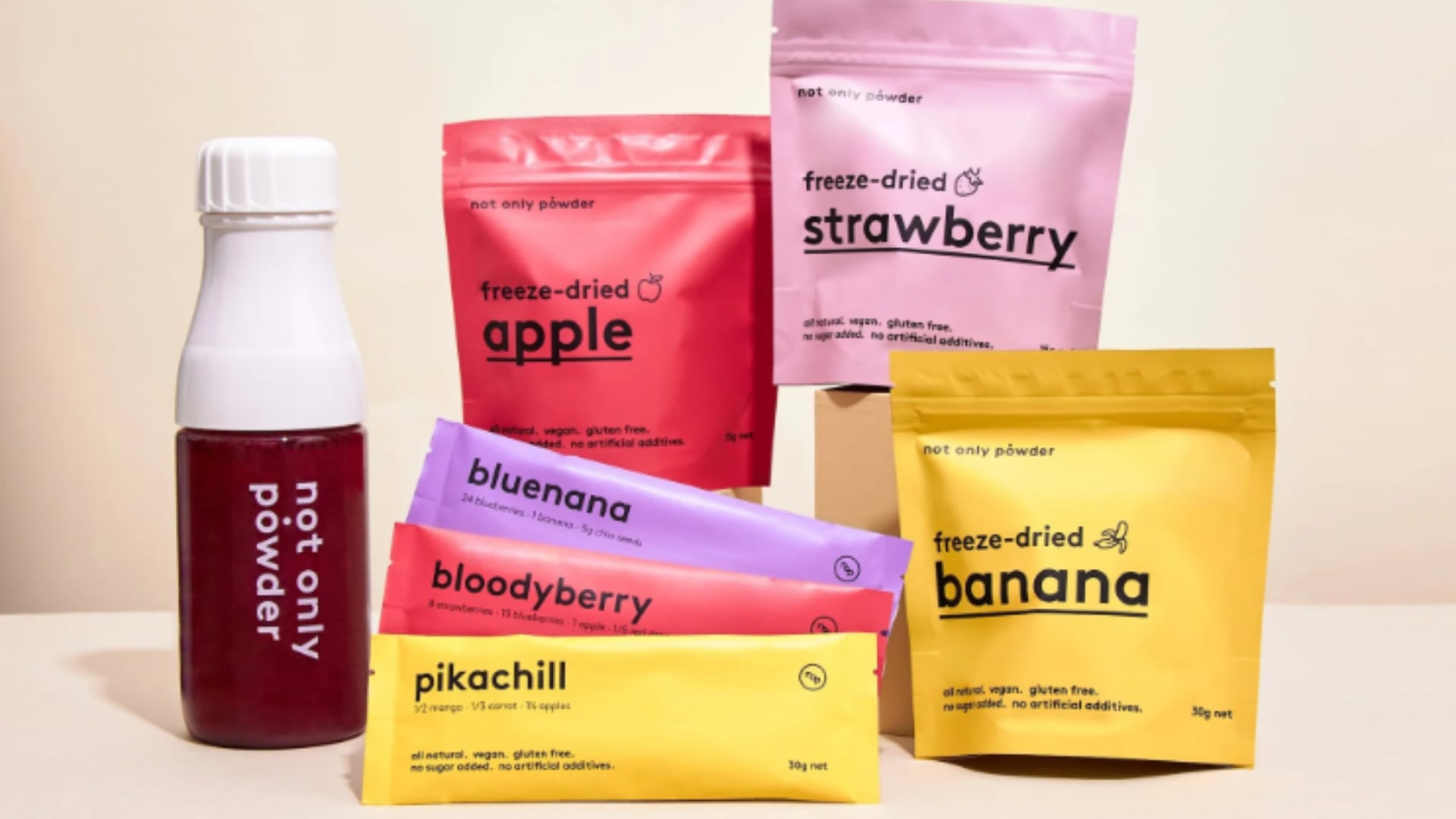
Hong Kong-based not only powder (nop) upcycles unwanted fruit into snacks, supplements and personal care products using freeze-drying and a social co-creation model
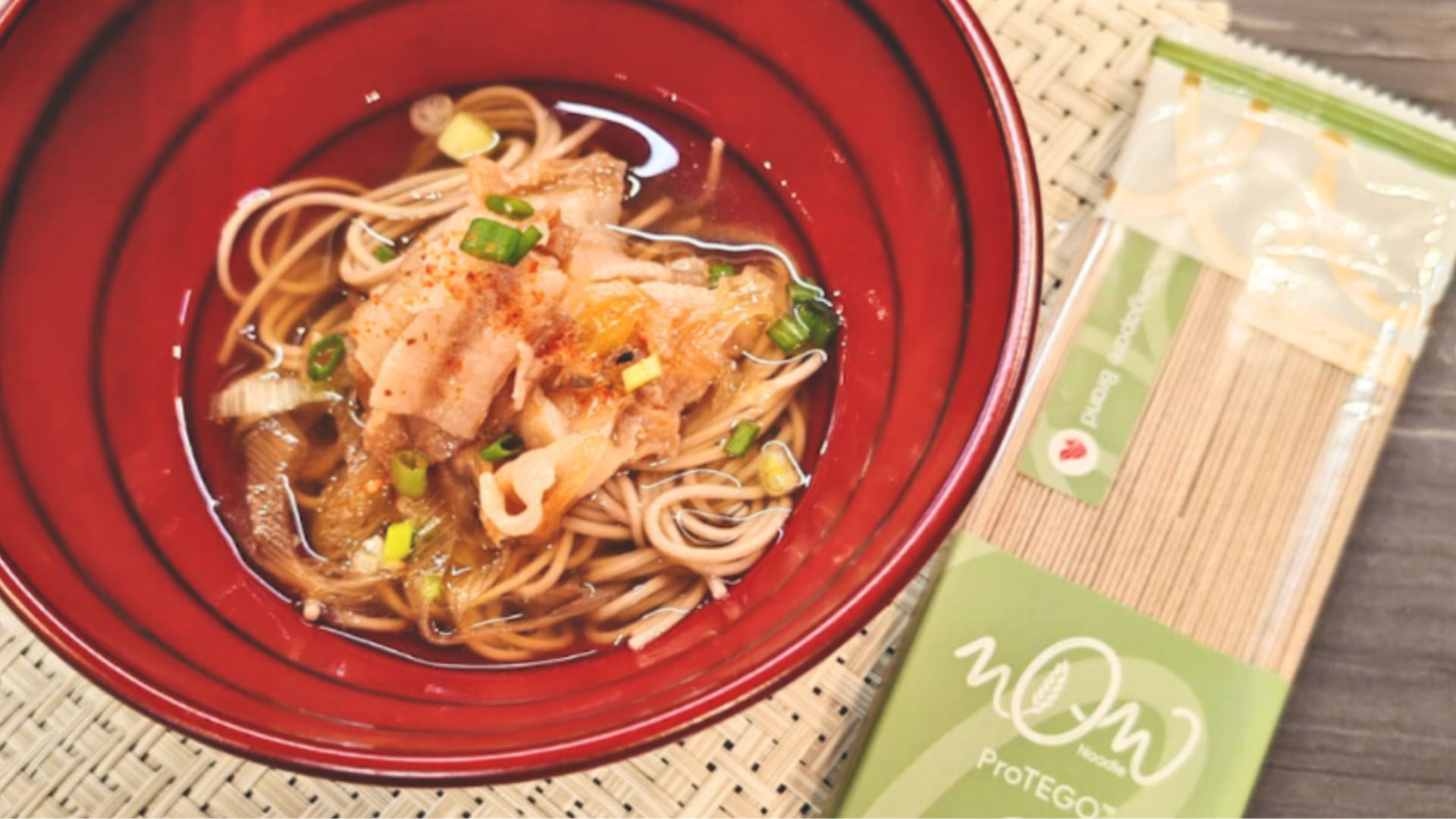
KosmodeHealth has turned peanut and sweet potato byproducts into low-GI noodles designed to deliver energy without sugar spikes

Indonesia SME halal, global top 30 food-tech firms and more feature in this edition of Start-up Spotlight
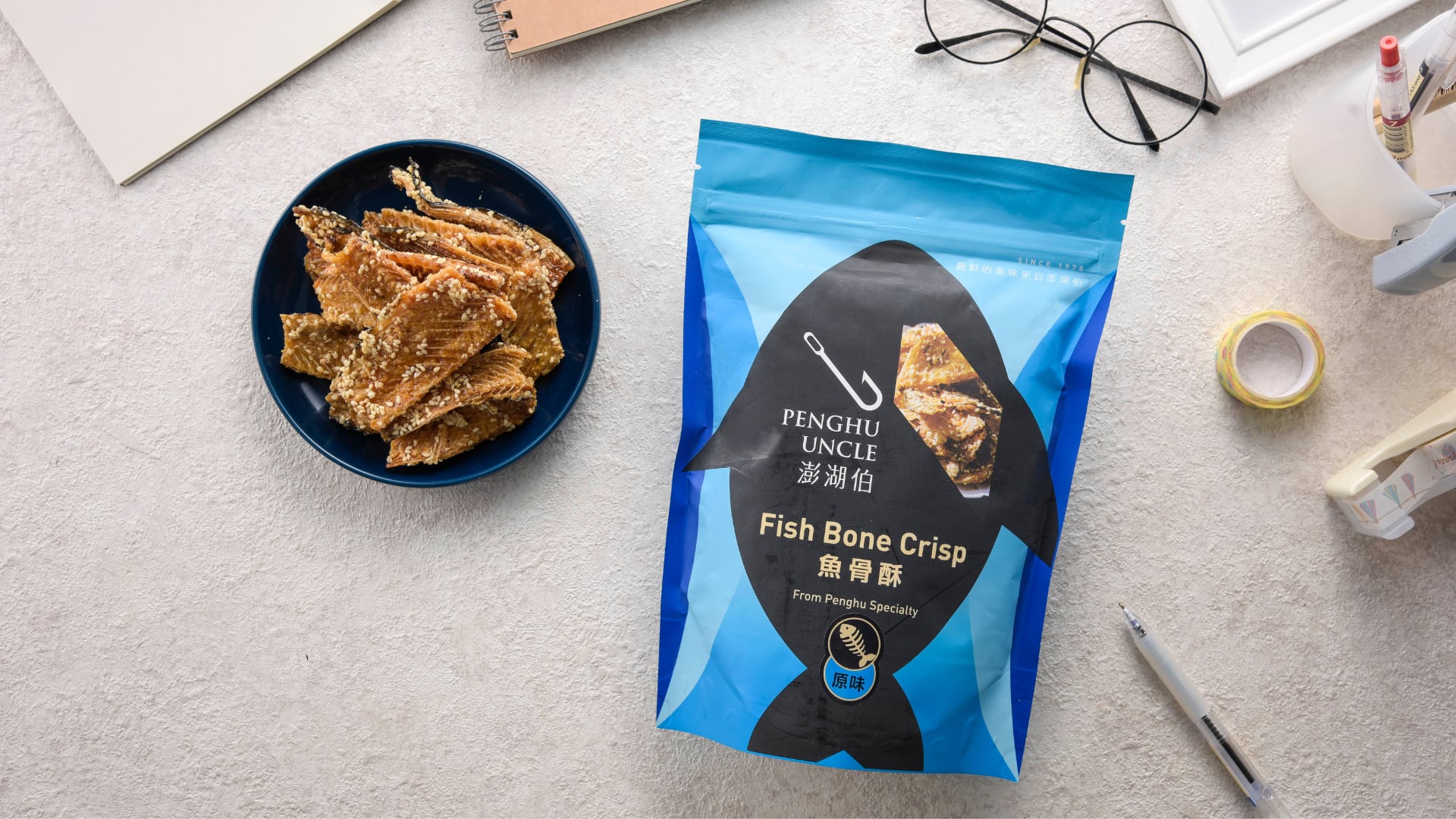
Kaohsiung Food Show 2025
Taiwan’s Penghu Uncle is transforming discarded fish skin and bones into savoury upcycled crisps with an eye on the ASEAN snack market
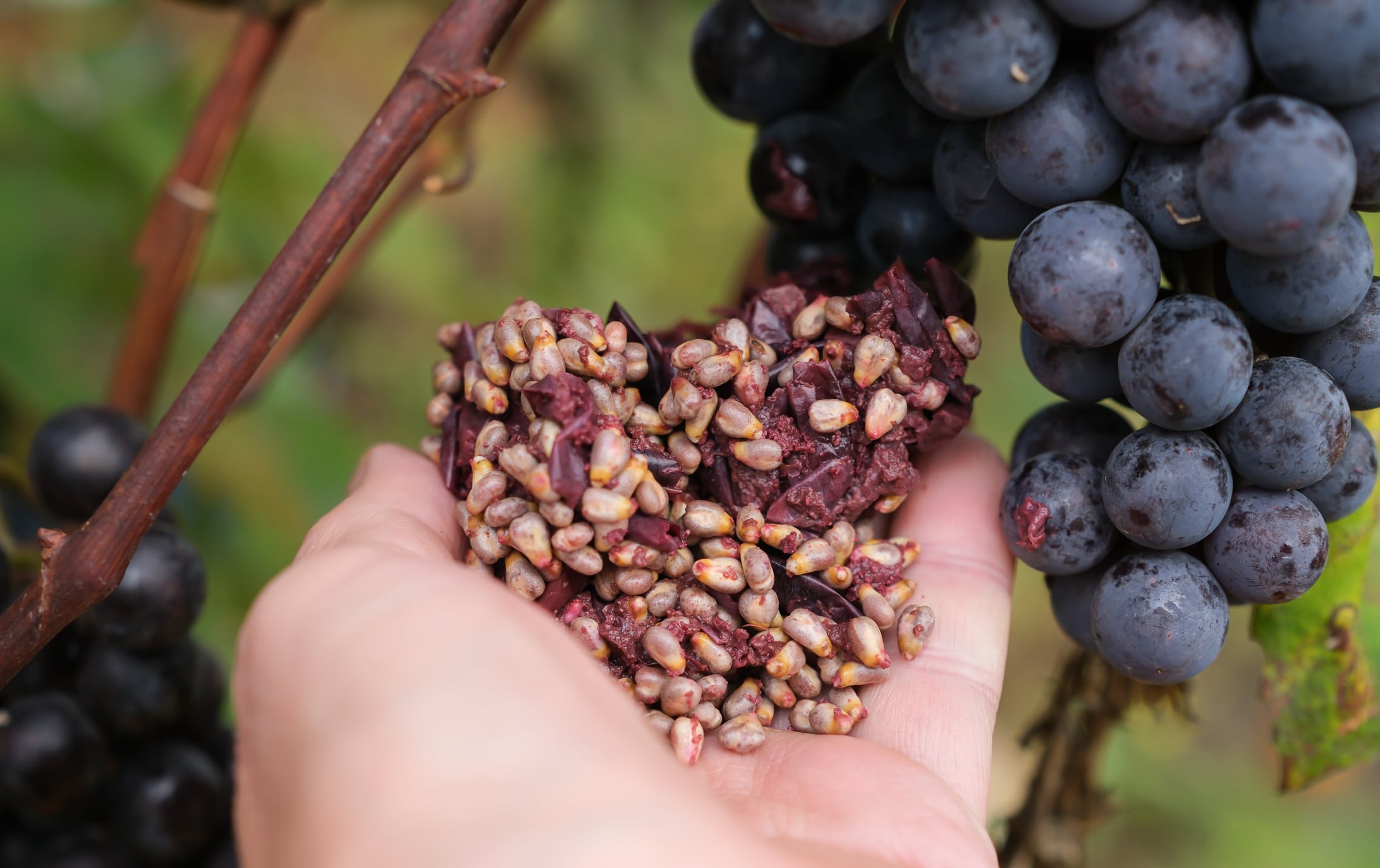
Research from China has found upcycled grape pomace from winemaking can add antioxidants, fibre, colour and texture to foods, offering health and sustainability benefits
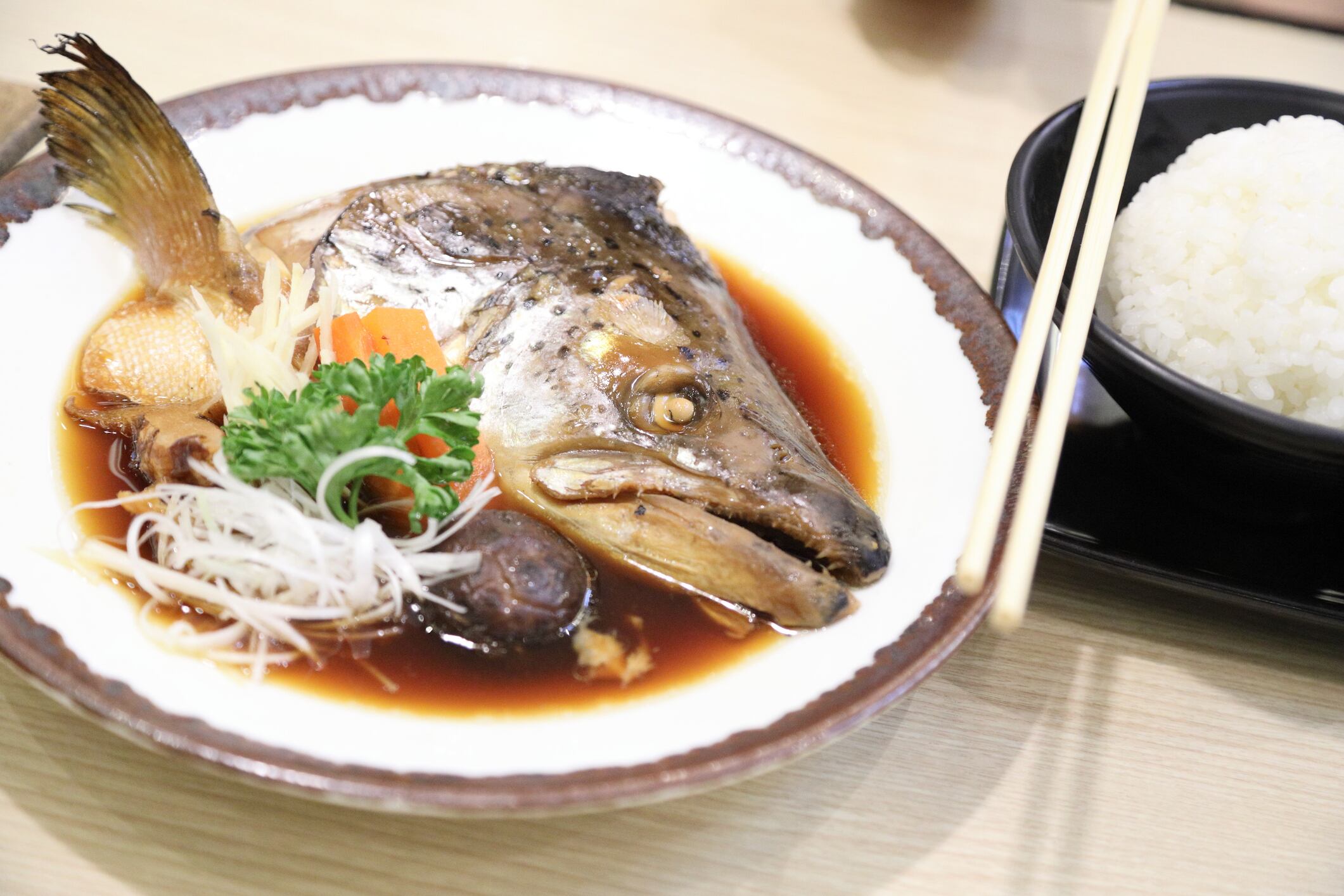
Asia’s seafood sector must adapt safety and sustainability measures to diverse local markets, say experts

The achievement gives Danone a competitive advantage over the likes of Nestlé and Unilever and is a boon for investor confidence

Singapore’s first AI vending machines cooking ready-to-eat (RTE) meals on demand, 24/7 are targeting global growth

Ajinomoto goals, Japan pricing and more feature in this edition of Sustainability Snippets

As sustainable ingredients gain traction, we explore the trends driving their development

Vietnam’s Vinh Hoan is maximising pangasius fish commercial potential with a circular model supporting convenient nutrition and supplement innovation

We explore four key strategies to increase the appeal of alternative proteins

Barry Callebaut explores cocoa alternatives amid rising costs and climate pressure

Japan’s Fair Price Project urges consumer empathy and awareness as food producers face rising costs, in hopes of ensuring food supply sustainability

Barista oat drinks, fibre-rich soy, and functional carton formats are some of the ways to support healthier, convenient, and sustainable product launches
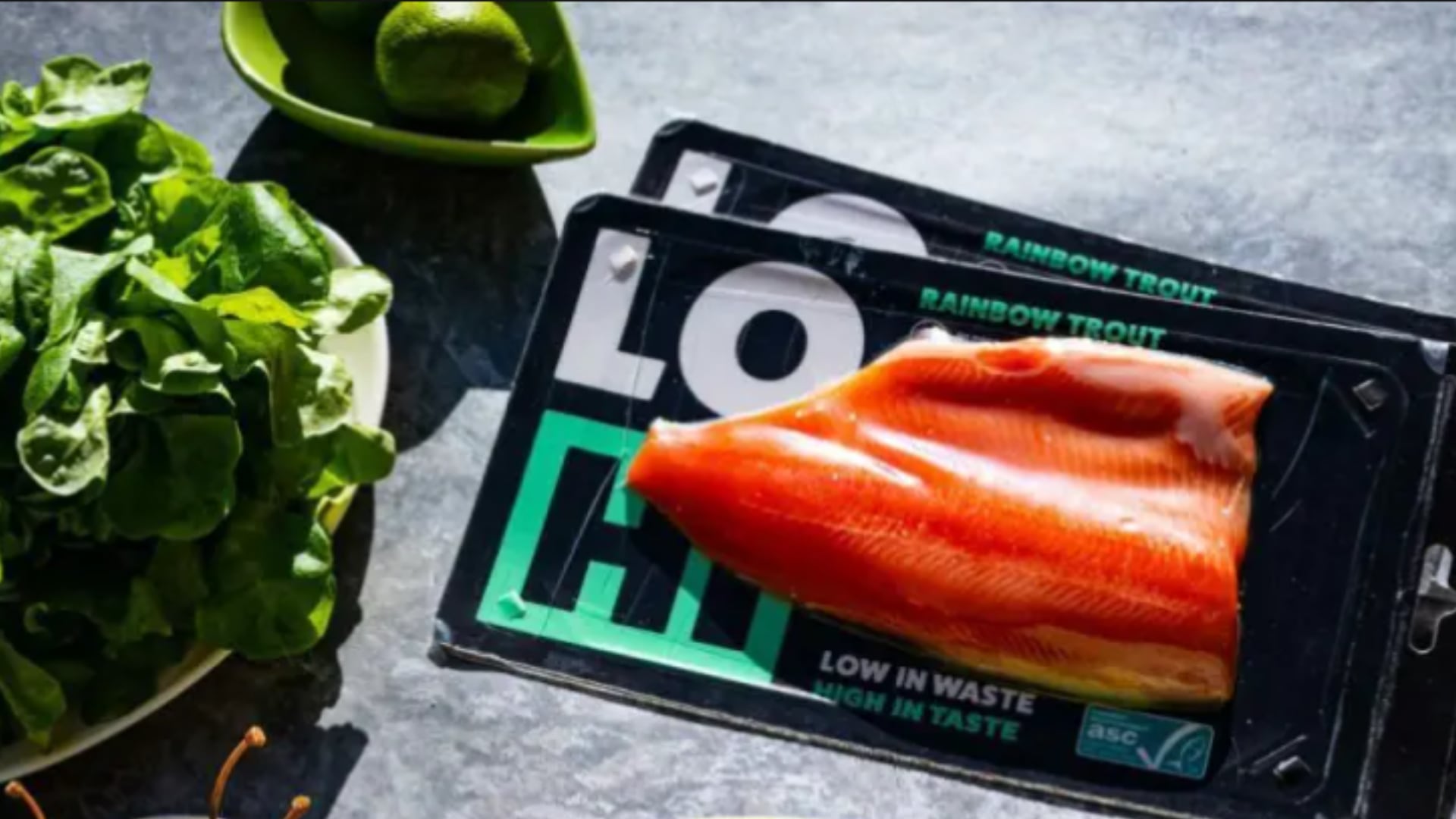
Finnforel has launched sustainably farmed rainbow trout in UAE, tapping the country’s fishing heritage and demand for clean-label convenient nutrition
PepsiCo’s Greenhouse Accelerator (GHAC) APAC is driving agri-food innovation, with start-ups in the region piloting solutions alongside PepsiCo and key partners
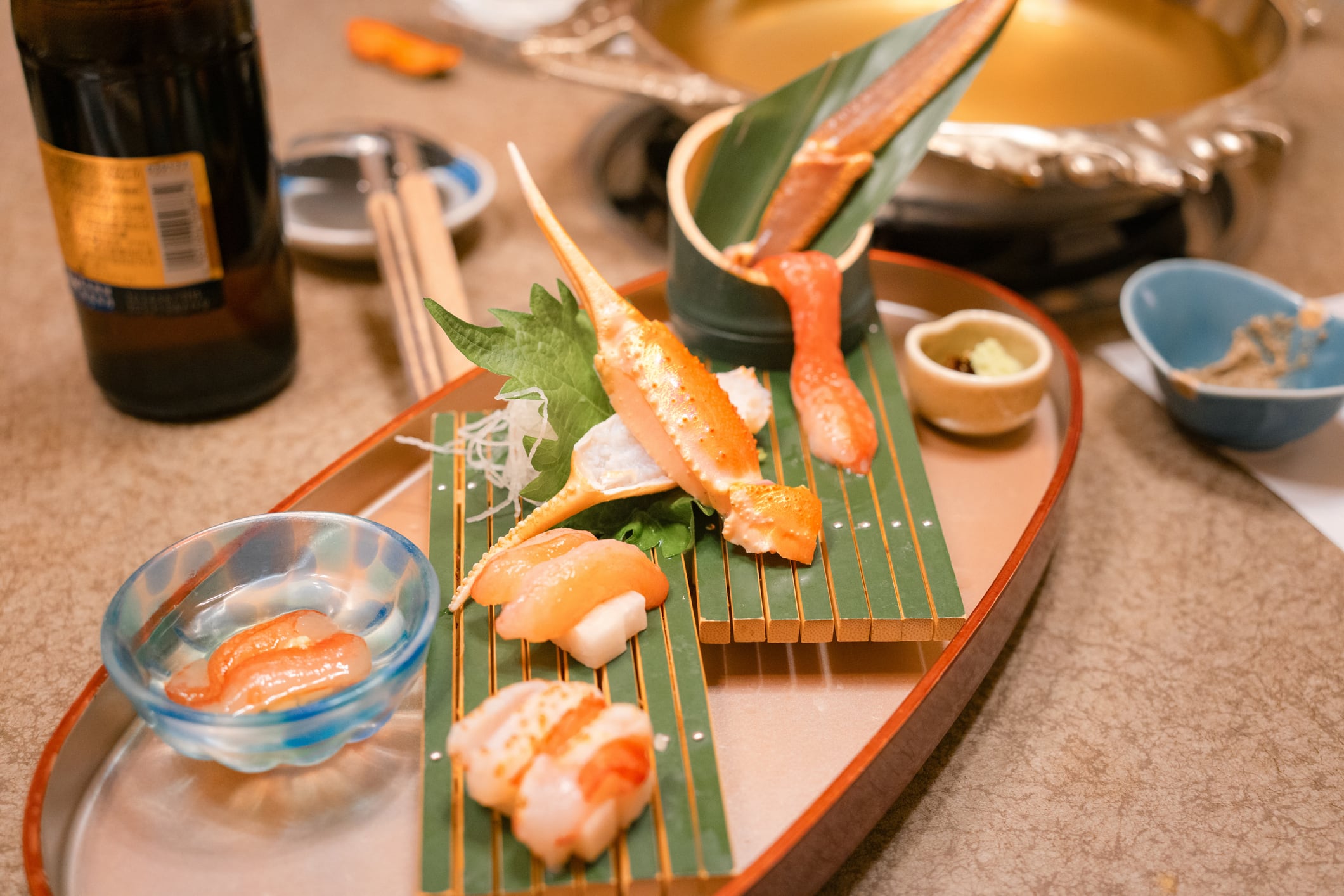
Seafood Expo Asia 2025
Asia’s seafood appetite offers growth as exporters diversify from US tariff-hit markets, experts say at Singapore Seafood expo

Creativity and functionality are key to driving eco-friendly packaging amid regulatory shifts in Asia

Uncle Saba’s Poppadoms opens up about the realities of environmental sustainability – and why being honest about limitations is just as vital as celebrating progress

Ajinomoto has renewed commitment to its 2030 sustainability strategy despite a sudden change in CEO recently, reinforcing its long-term AminoScience-based green strategy
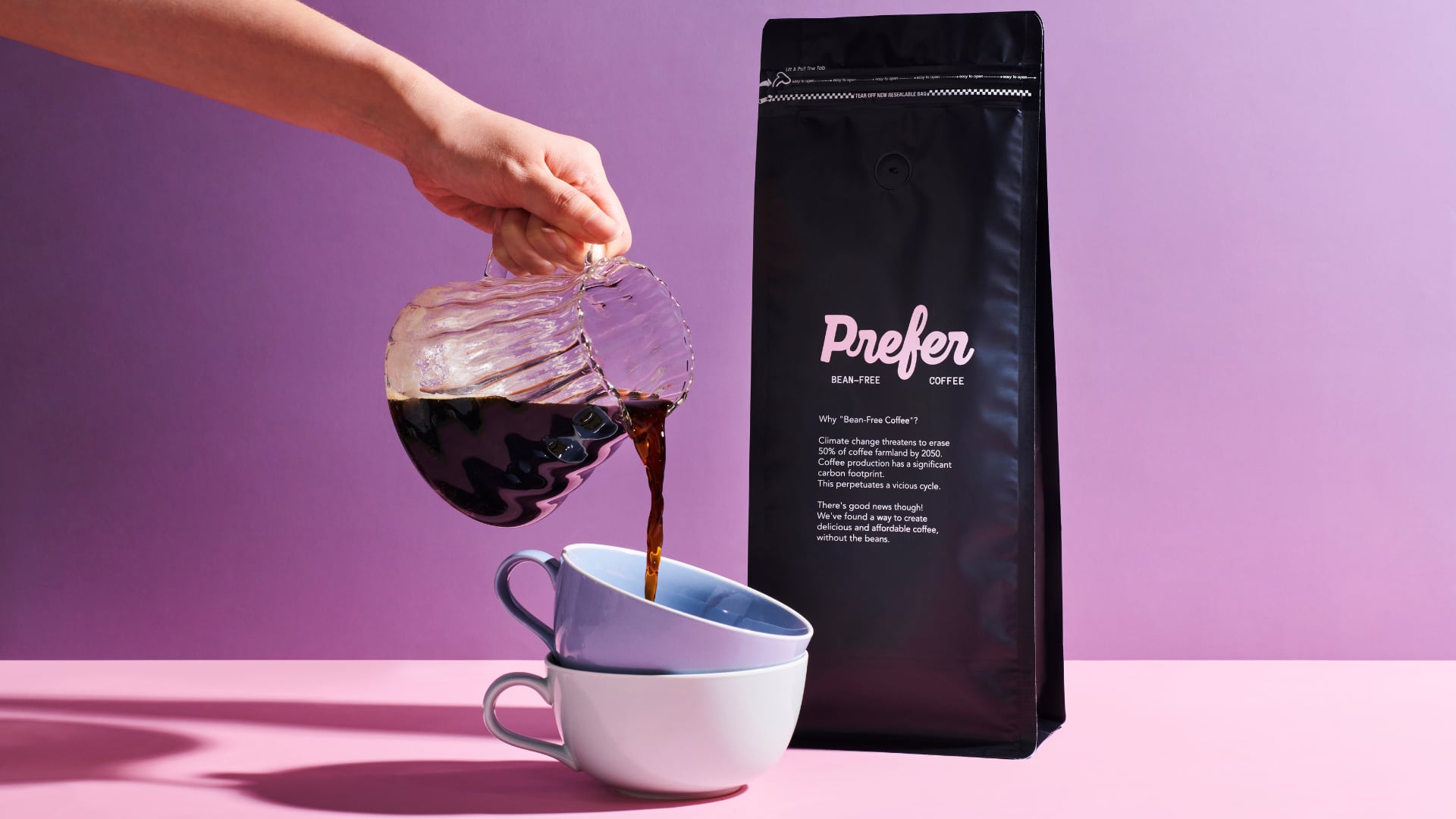
Singapore’s Prefer looks to scale its sustainable bean-free coffee across APAC with partners Ajinomoto and Coffee Ferm

Fi Asia 2025
At Fi Asia 2025 in Bangkok, four functional ingredients stood out as APAC consumers seek sustainable, traditional foods to support healthy lifestyles

Opinion
ESG’s under political fire in Washington, but the snack giants keep flexing. From Oreos to Doritos, their reports show that in today’s food industry, trust’s as valuable as profit.
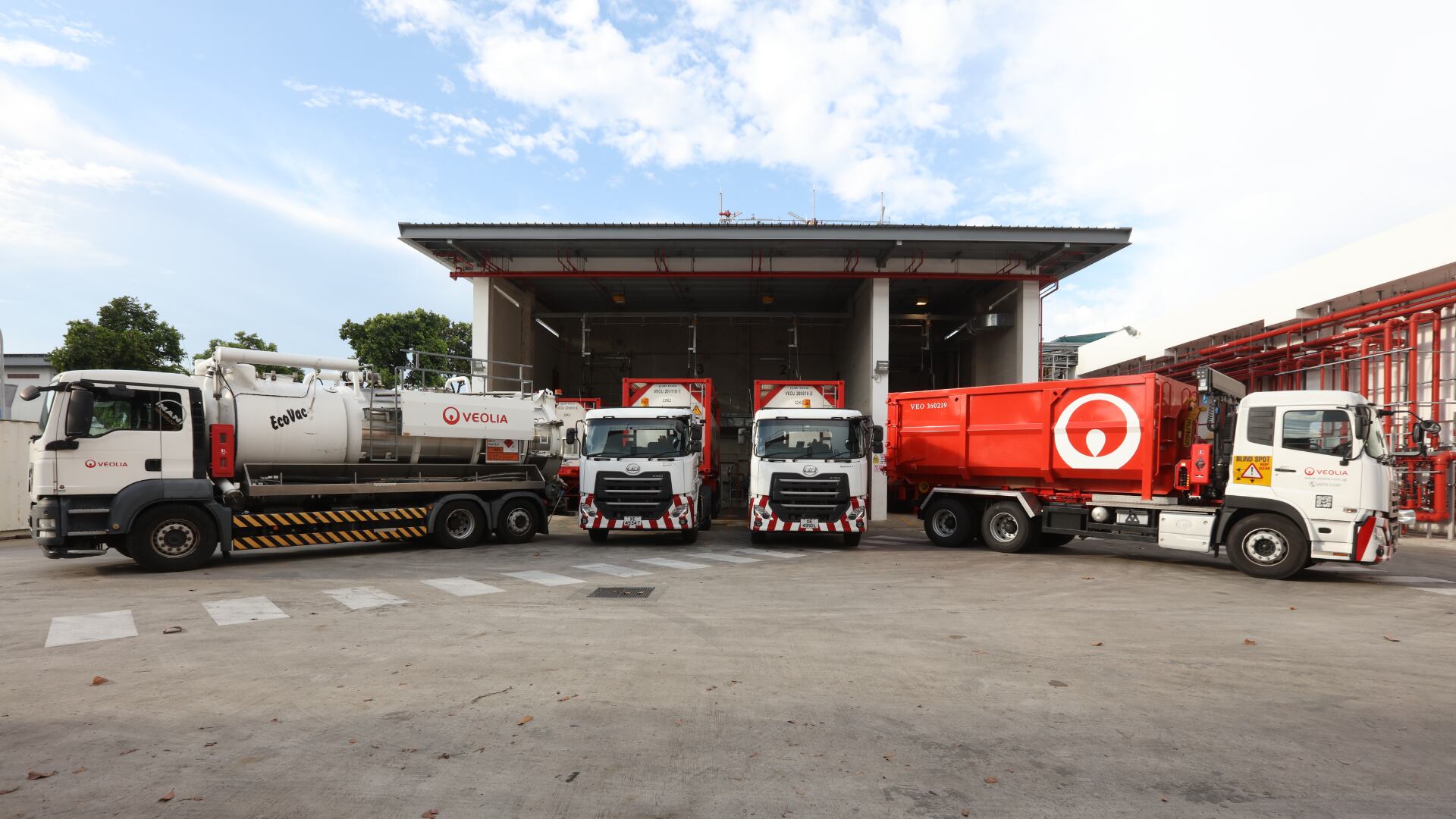
Proper waste disposal and renewable energy are key priorities for South East Asia, said the firm

PepsiCo and Unilever have decided it’s time to get serious about soil: their new STEP up for Agriculture program throws money and muscle behind regenerative farming
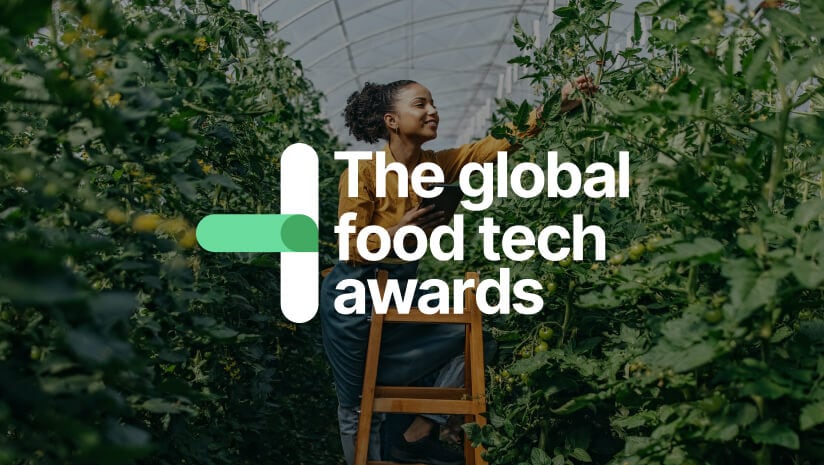
APAC start-ups have one more week until Sept 30 to enter the Global Food Tech Awards 2025 and showcase innovations on an international stage

Fi Asia 2025
AI is driving food innovation and marketing strategies – here are four major ways experts at Fi Asia 2025 say it is shaping production and improving relevance

Sustainability September
Asian food systems face three major challenges towards achieving sustainability – find out what these are and what needs to be done to tackle them

Mars Wrigley will invest US$2M yearly to cut emissions, using rice husks and coconut shells to power its key SEA gum hub in the Philippines

Continuous palm oil wins for Indonesia at the WTO cast doubts on how the EU Deforestation Regulation (EUDR) will impact sustainability and trade

Sixty-five percent of South East Asian consumers prefer local flavours and lower sugar when indulging in desserts, according to a new regional study

Exclusive: New Zealand-based Leaft Foods partners with Lacto Japan to bring its leaf protein into staple categories such as bakery and dairy foods